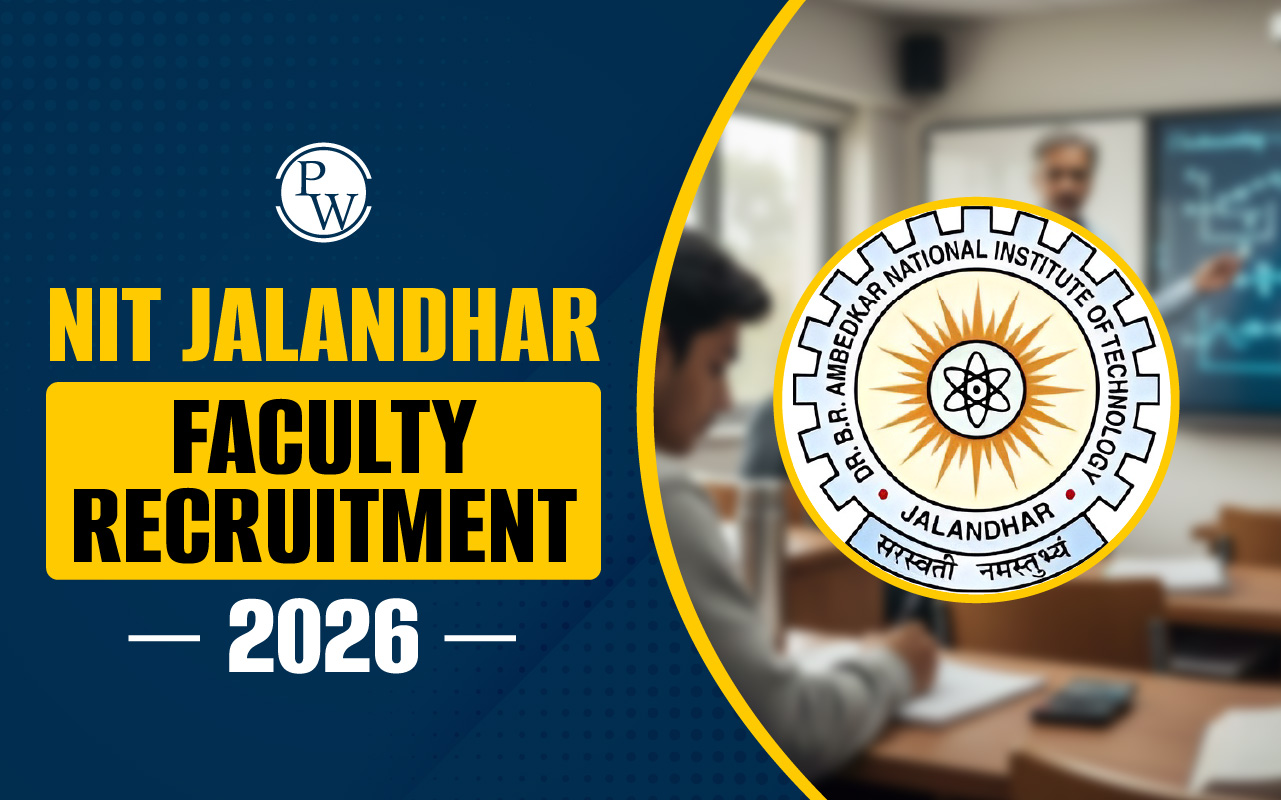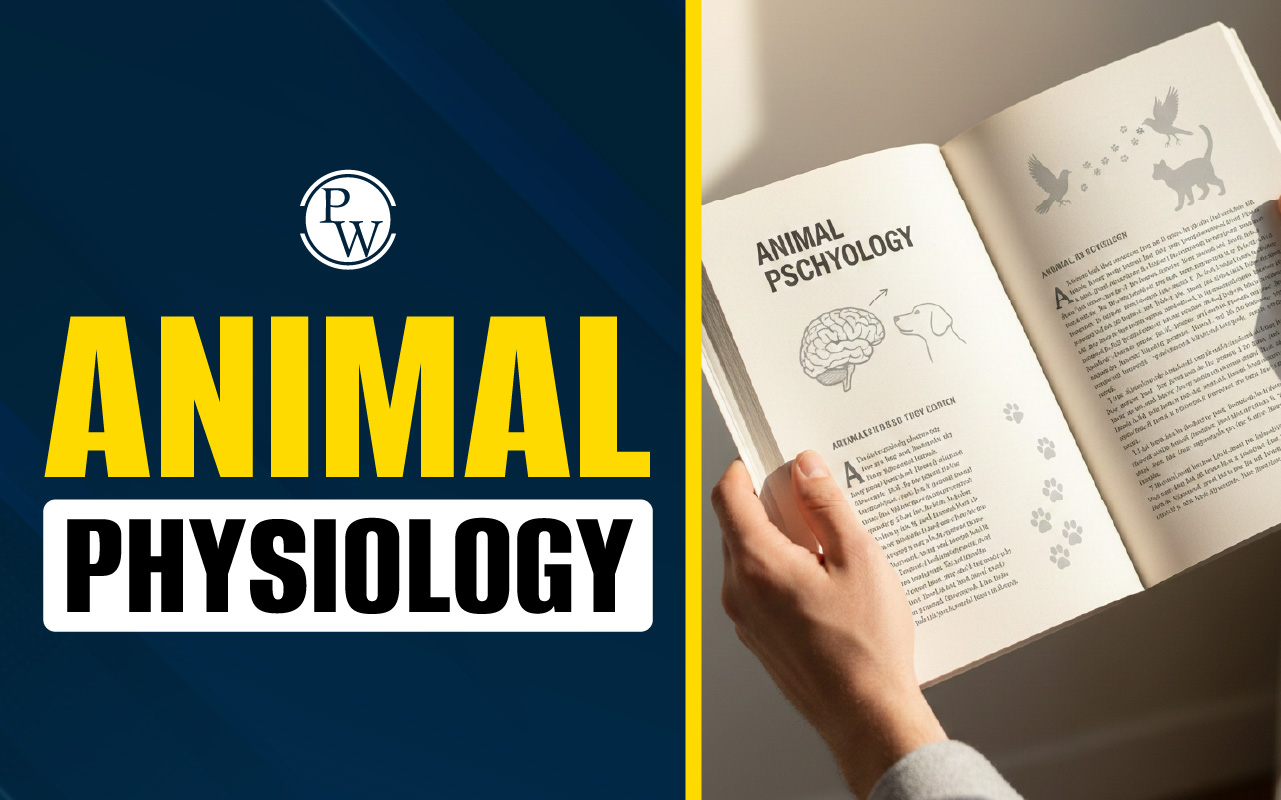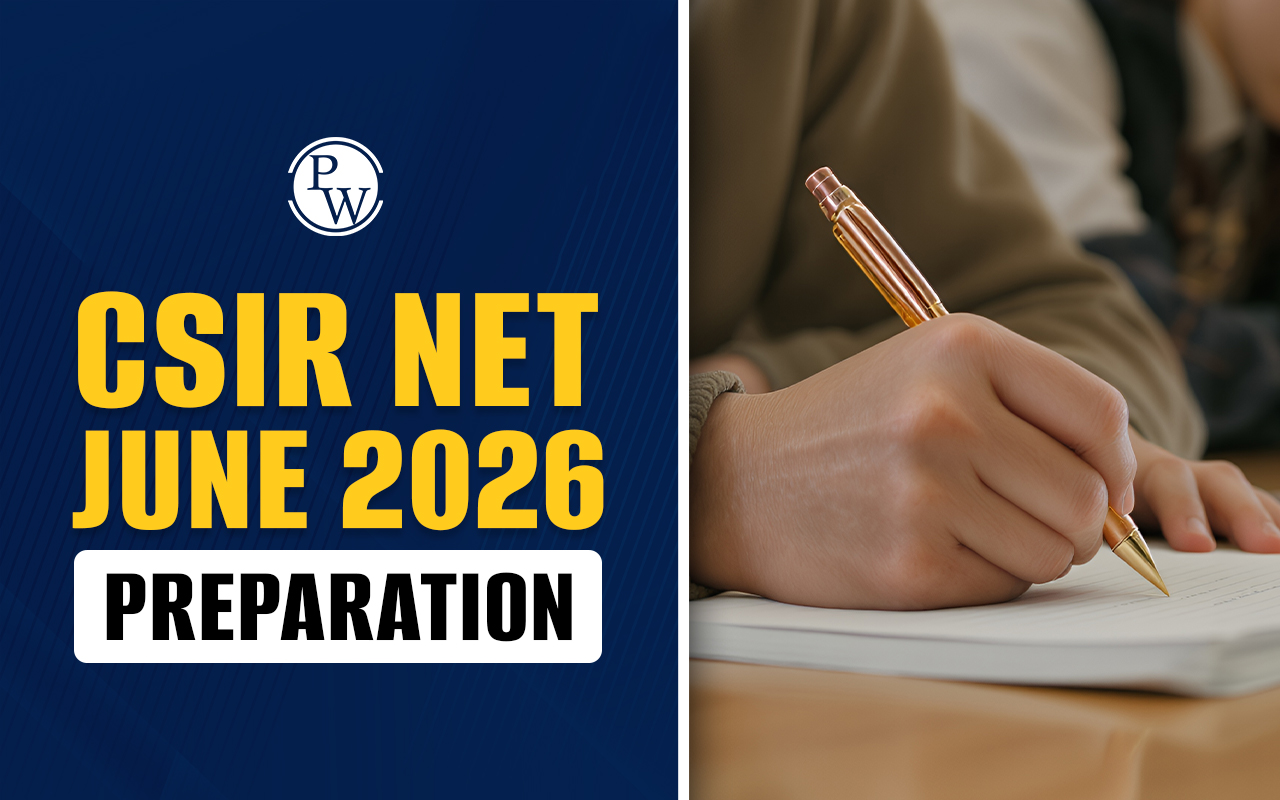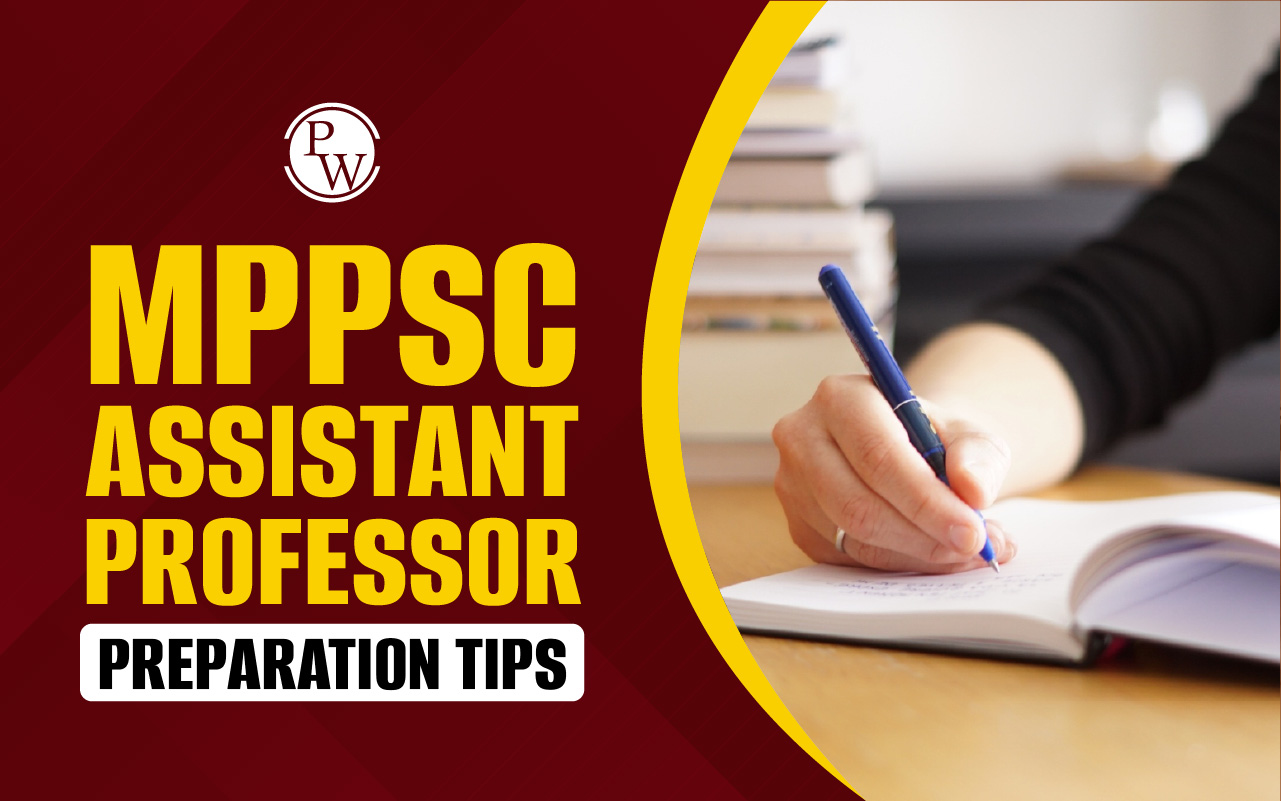
CSIR NET 2025 Physical Science Important Topics: The CSIR NET 2025 Physical Science exam is scheduled for 28th July 2025. This exam is important for students who want to become researchers or lecturers in the field of Physical Science. The paper covers topics like Mathematical Methods, Classical Mechanics, Electromagnetic Theory, Quantum Mechanics, Thermodynamics, and Electronics. Knowing the important topics and the full syllabus will help you focus your revision and score better in the exam. Always check the syllabus carefully so you don’t miss any key subjects during your preparation.
CSIR NET 2025 Physical Science Overview
CSIR NET 2025 Physical Science Overview helps candidates understand the exam details. It is conducted twice a year by the National Testing Agency (NTA) in online mode. Check the important exam details in the table below.
| CSIR NET Physical Science Syllabus 2025 | |
| Particulars | Details |
| Exam Name | CSIR NET Physical Science 2025 |
| Conducting Body | National Testing Agency |
| Exam Date | 28th July 2025 |
| Frequency of Conduct | Twice a year (June and December) |
| Exam mode | Online |
| Exam duration | 180 minutes |
| Type of questions | Multiple Choice Questions (MCQs) |
| Total marks | 200 |
| Negative Marking | Parts A - 0.5, Part B - 0.85, Part C - 1.25 |
| Language of paper | English and Hindi |
| Official Website | csir.nta.nic.in |
CSIR NET 2025 Physical Science Important Topics
CSIR NET 2025 Physical Science Important Topics are essential for candidates preparing for the exam. Understanding these topics will help in scoring well and improving problem-solving skills. The syllabus covers key areas like Mathematical Physics, Classical Mechanics, Electromagnetic Theory, Quantum Mechanics, and more. Below is a detailed table of the most important topics to focus on for better preparation.
|
CSIR NET 2025 Physical Science Important Topics |
|
|---|---|
| Topics |
Key Points and Important Subtopics |
| Mathematical Methods in Physics |
|
| Classical Mechanics |
|
| Electromagnetic Theory |
|
| Quantum Mechanics |
|
| Thermodynamics and Statistical Physics |
|
| Electronics and Experimental Techniques |
|
| Atomic and Molecular Physics |
|
| Nuclear and Particle Physics |
|
|
CSIR NET Subject Wise Important Topics |
|
| CSIR NET 2025 Mathematical Science Important Topics | |
CSIR NET Physical Science Topic Wise Weightage
Understanding the topic wise weightage for CSIR NET Physical Science helps students focus on areas that carry the most marks in the exam. The paper mainly asks multiple-choice questions from important topics like Quantum Mechanics, Electromagnetic Theory, Classical Mechanics, and Mathematical Methods, among others. Below is detailed CSIR NET Physical Science Topic Wise Weightage
| CSIR NET Physical Science Topic Wise Weightage | ||
|---|---|---|
| Topic | Approx. Weightage | Key Areas Covered |
| Quantum Mechanics | 20-25% | Schrödinger equation, operators, angular momentum |
| Electromagnetic Theory | 15-20% | Maxwell’s equations, EM waves, waveguides |
| Classical Mechanics | 15-20% | Newton’s laws, Lagrangian, Hamiltonian, oscillations |
| Mathematical Methods in Physics | 10-15% | Vectors, calculus, differential equations |
| Thermodynamics and Statistical Physics | 10-15% | Laws of thermodynamics, ensemble theory, statistics |
| Electronics and Experimental Methods | 5-10% | Semiconductors, circuits, digital electronics |
| Atomic and Molecular Physics | 5-10% | Hydrogen atom, spectroscopy, lasers |
| Nuclear and Particle Physics | 5-10% | Nuclear models, radioactivity, accelerators |
| Condensed Matter Physics | 5-10% | Crystal structures, semiconductors, magnetism |
CSIR NET Physical Science Last Minute Preparation Tips
Here are detailed last minute preparation tips for the CSIR NET Physical Science Exam 2025.
-
Revise High Weightage Topics First: Focus on topics that carry more marks, such as Quantum Mechanics, Mathematical Physics, and Electromagnetic Theory. Revise short notes or mind maps you’ve made and don’t start any new chapters now.
-
Make a Formula Sheet: Create one page with all important formulas, constants, and key concepts. Go through this sheet again and again to quickly recall important information during the exam.
-
Solve Previous Year Papers and Mock Tests: Practice with last year’s papers and mock tests in a real exam setting. This helps you get used to the pattern, improves your speed, and makes you aware of the kind of questions that can be asked.
-
Focus on Graphs and Data Interpretation: Physical Science often has questions with graphs, diagrams, and data tables. Practice interpreting these quickly so you don’t lose time in the exam.
-
Don’t Read New Topics: Avoid picking up any new chapter or difficult concept now. Revising what you already know will give you more confidence and reduce confusion.
-
Analyze Mistakes: After attempting mock exams, study your mistakes. Learn from them so you can avoid repeating the same errors in the real exam.
CSIR NET 2025 Physical Science Important Topics FAQs
What are the important topics for CSIR NET 2025 Physical Science?
How many times is CSIR NET Physical Science conducted in a year?
What is the total duration of the CSIR NET Physical Science exam?
What is the mode of the CSIR NET Physical Science exam?
In which languages is the CSIR NET Physical Science exam available?










